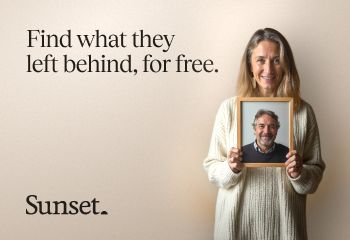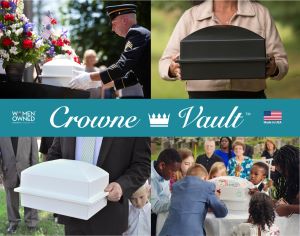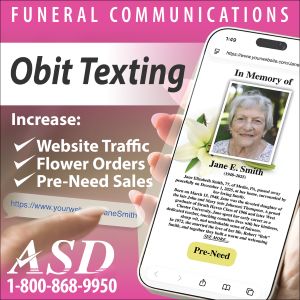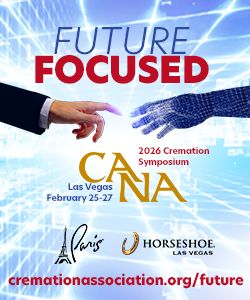A case for “Tradition”
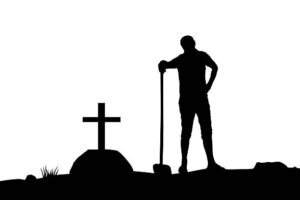
HBO’s recent documentary “The Mortician” probably gave the Death Care profession some bad publicity. However, at least in one case as evidenced by this article in The Free Press titled “My husband wants to be cremated. I’d ignore his dying wish“, it brought out a re-constituted call for the traditional visitation and funeral.
The author of the article, River Page, says this about cremation of a loved one, “I know the peace that ritual brings, and I am afraid of losing it. That’s why I refuse to cremate my husband. I also have a terrible, recurring vision about checking the mailbox to find his ashes crammed in there next to the water bill and a coupon for 75 cents off dishwashing liquid. But the indignity of it all is a secondary matter, as is the possibility, raised by HBO’s documentary, that the ashes might not even be his. I don’t think I could survive the loneliness of taking his ashes into the house, opening the box, and crying alone, trying desperately to figure out when and where the end ought to be.. . .”
And here is what she says of the traditional funeral of her grandmother:
“We buried my grandmother where six generations of her family lay. The finality of this moment gave us permission to stop crying, stop hoping, and go to sleep. We had exhausted ourselves, destroyed our will to fight or flee reality with the sight of dirt hitting casket, and reached the final stage of grief: acceptance. . . . . . The lesson you learn by grieving is that life goes on, and you learn that lesson quicker and easier when you have to see the corpse, the coffin, the grave or funeral pyre—when you have a process to be worked through, one that you didn’t choose, one that isn’t convenient or easy, because that’s life, and death too.”
She continues by saying the following about her family’s tradition:
“. . . mourning is a process, and processes require structure: a beginning, middle, and end. This is what traditional death rituals provide. They also force the mourner to do things he does not want to do: get out of bed, get dressed, leave the house, talk to people, carry the coffin, shovel the dirt. His ancestors, who passed down these traditions, recognized what he, in his grief, could not: that one cannot deny death by ignoring it, that it is not good to grieve alone, that life goes on, and so must he.”

Tom Anderson
Funeral Director Daily
Funeral Director Daily: I thought that this was a very good read and great re-inforcement for those that believe in “the value of the traditional funeral”. I also understand that with the continued trend of cremation this thought process will not do any more than “bend the curve” but it does give ammunition for those who prefer to go through the traditional grief process.
And, I think that grief process is healthy. Maybe as more people realize it the “tide of no services” may be slowed down somewhat.
However, I’m also a firm believer that society moves through stages and as John Naisbitt offered in his book “Megatrends”, America has moved through the Agricultural Age, the Industrial Age, and the Information Age. I’m of the opinion that we are on the cusp of the “Convenience Age” and many of our historical traditions will be eliminated because of their “lack of convenience”. . . . . . Traditional funerals will be one of them. . .
More news from the world of Death Care:
- Luke Foreman: Becoming a funeral director in Montana — What you need to know. Bozeman Daily Chronicle (MT)
- NFDA members elect new leaders to guide profession’s future. NFDA News
- Cremation services on the rise at Lincoln funeral home. News video story and print article. KOLN TV – Lincoln (NE)
- Indiana’s hardwoods and lumber industry plays huge roll in state’s economy. Hoosier Ag Today (IN)
Enter your e-mail below to join the 3,189 others who receive Funeral Director Daily articles daily:
“A servant’s attitude guided by Christ leads to a significant life”







